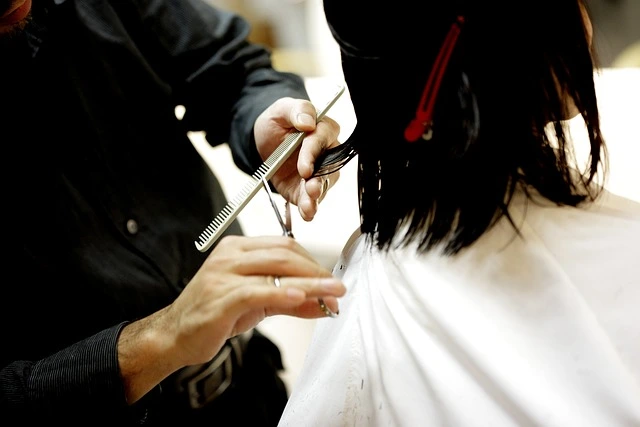Effective Tax Planning Tips for Beauty Consultants in the Freelance Industry: Maximizing Deductions and Managing Income
Freelancing in makeup artistry and beauty consulting brings creative flexibility and allows you to be your boss. However, with this liberty, one gets the privilege to choose the ways they can manage their finances and taxes. Here, we discuss some tax-saving strategies to help freelance makeup artists and beauty consultants keep their taxes to a minimum and income to a maximum.
Understanding Taxable Income:
Business Structure: Your business structure ( sole proprietorship, partnership, etc.) defines how you state your income and expenses on the tax return.
Revenue Recognition: All the money you get from working makeup artistry and beauty consulting services is taxable. The fee structure involves a mix of fees for weddings, event-specific ceremonies, photo shoots, and customer consultation.
Optimizing Deductions with Makeup and Beauty Supplies:
Ordinary and Necessary Business Expenses: Qualified business expenses are considered necessary and allowable for tax purposes. Therefore, the expenses related to your freelance business can be claimed as business expenses on your tax return. This could greatly reduce the sum of your income that is subject to taxation. Examples of deductible makeup and beauty supplies include:
- Makeup: Foundation concealer, eyeshadow palettes and lipsticks, blushes, mascaras, etc.
- Brushes and applicators: Makeup brushes, sponges, applicators, and brush cleansers, etc.
- Skincare products: Primers, moisturizers, setting sprays, and all other skincare products mentioned for client preparation.
Documenting Your Expenses: Make sure you have receipts for your makeup and beauty supplies as you will need to document your deductions during tax return filing.
Maximizing Deductions Beyond Makeup:
Additional Business Expenses: There are a few other expenses that you could subtract to bring your taxable income down, e.g:
- Marketing and advertising costs: Business cards, website charges, social media advertisement, and so on.
- Travel expenses: Mileage, gas or vehicle usage during client travel, picking the products, and any other incurred expenses.
- Continuing education: Consideration of expenses like that of makeup workshops, beauty industry conferences, and professional development courses.
- Home office expenses: Should a space of your home be converted into a makeup studio, say, 30% of your rent, utilities, and internet would then be deductible.
Inventory Management for Tax Purposes:
The “Makeup Haul” Balancing Act: Makeup purchases should be deductible for a majority of cases. At the same time, monitor your inventory level to keep tax liabilities low. The IRS can cancel deductions for a stock that is higher than its actual business necessity. Such as where the excess reserves are the result of hoarding rather than healthy business practices. Keep track of your inventory and make a system for tracking usage orders.
Tax Considerations for Client Service Income:
Cash vs. Digital Payments: If you get cash or electronic payments from your clients, you need to declare all income received via the tax returns. It is very essential to keep records of all transactions because they can be served later as evidence of correct tax payment.
Estimated Tax Payments: As a self-employed business owner, you are responsible for paying estimated taxes every quarter or every year, depending on your scenario. Seek help from a tax professional to establish the necessary amounts of estimated tax payments before the tax return submission to avoid penalties.
Seeking Professional Tax Guidance:
The tax laws have become more complex, and as a result, it is more difficult for makeup artists who do not have a stable source of income coupled with unique business expenses. When determining the tax implications of your beauty business, it may be advisable to enlist the help of a knowledgeable tax consultant familiar with the beauty industry. They can educate you on the best tactics to save on taxes so that you can stay in compliance with tax rules and regulations. Therefore, consider utilizing marketplaces like IfindTaxPro, you can post your project and find the right tax specialist for you.
The key for freelance makeup artists and beauty consultants to approach tax season with greater confidence is to understand the concepts of taxable net income, deductible makeup and cosmetic supply expenses, and other business deductions, as well as client service income considerations. Keep in mind that the best taxation expert could provide you with a better tax strategy and hold more money for you, to be able to support your creative interests and grow your successful beauty business.








